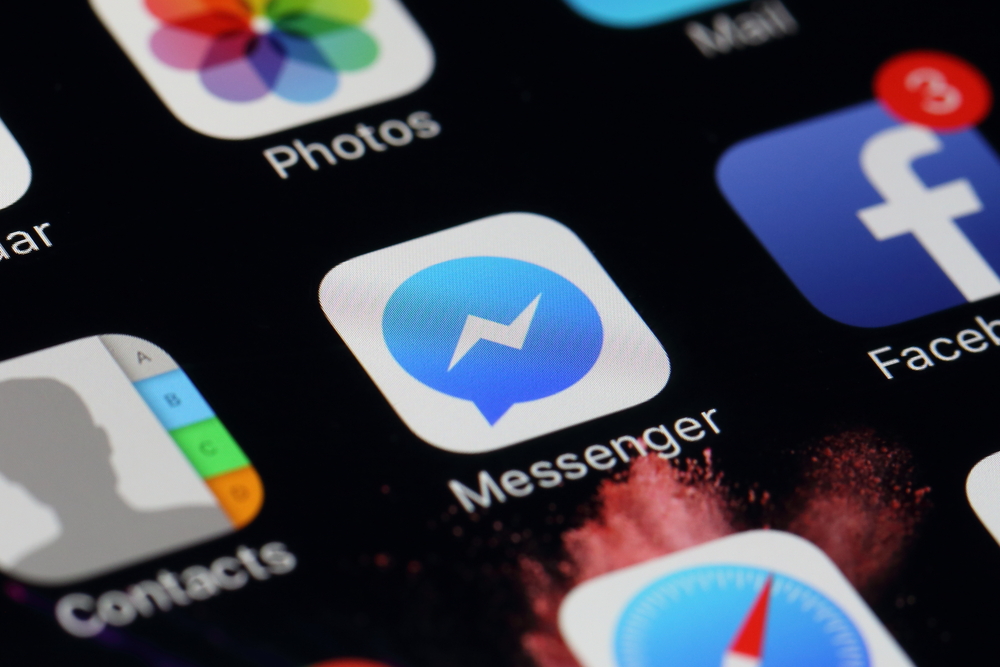
Pharma Marketers, Start Working With Messaging Apps Now
Its Time to Build an Engagement Playbook for Pharmaceutical Marketing
There’s a shift going on in social media right now, a shift back towards more conversational engagement with customers and patients across all social channels, and messaging apps, like Facebook Messenger are the driver. This is great for pharmaceutical companies and pharma marketers. Pharma marketers have the advantage of experience in 1on1 conversations with patients. Sympathy, compassion and empathy, integral to 1on1 conversations with customer and patients, are second nature to the pharmaceutical marketer.
Check out our hit presentation on Facebook Messenger, 1on1 conversations and pharmaceutical marketing.
Marketers in the pharmaceutical industry should start looking at and planning on using messaging apps as part of their marketing. Messaging enables a private, direct and 1on1 connection with consumers. Among your customers, probably everyone has a Facebook account. In fact, that means they all have Messenger too.
Messaging should be a part of your engagement playbook for 2017. Messenger, and messaging apps like WhatsApp and WeChat, are part of every patient’s and consumer’s life. Messaging apps have actually surpassed social media channels in their numbers of active users. As a marketer, you need to get prepared for this next wave of social media, and use the skills and experience you already have working in a compassionate manner.

Customers are demanding engagement with brands through messaging apps. According to J.D. Power and Associates, 60% of consumers have used social media to chat directly with a brand. Consumers are interested in messaging a business whether it is in social or in a messaging app like Messenger. Consumers, and patients in the pharmaceutical industry, want to use messaging to engage directly with brands.
It’s not as irrational for the pharmaceutical industry to use messaging as you may think. In other parts of the world, there is a significant following and use of these apps already. The healthcare industry in other countries is already responding to demand, and is using messaging apps with patients. As an example, WhatsApp is used by almost 90% of doctors in Brazil to directly chat with patients. Imagine the usefulness of that during an outbreak like Zika.

Forrester Research is even thinking and forecasting about how messaging apps will play a role in the customer lifecycle. They are advising their clients across all industries, including healthcare and pharmaceuticals, to start thinking about how to incorporate messaging apps into their marketing.
There are plenty of companies in other industries that have already begun to respond to consumer demand and create experiences for their customers with messaging apps and chatbots. Chatbots are short, programmed automated scripts that allow you to leverage Facebook Messenger to establish a direct line of dialogue. They can handle routine requests like surveys, questionnaires and frequently asked questions. Retails brands have created chatbot shopping assistants for consumers that provide real-time, in-store assistance, and the hotel and travel industry have created virtual concierges that can leverage notifications and automation on-property to offer guest services to visitors.
The ability to create chatbots for messaging apps has proven to be very scalable and allowed brands to use the channel in innovative ways. Now imagine combining the power and scalability of chatbots in a messaging app with the compassion and sympathetic and understanding tone that the pharmaceutical marketer has, and you’ve got a very potent way to market to consumers. You need to be innovative, use the empathetic skills you already have, and incorporate planning for messaging and chatbots into your engagement and conversational playbook for 2017.
Here are a few quick tactical suggestions that we’ve thought about how messaging apps can be used by pharma marketers starting now:
- Use it to amplify content. Messaging may be a better way to offer very targeted content to consumers. There is a much larger chance for open rates here.
- Messaging can be used to provide customer service. For example, it can be used to report adverse events in a more scalable fashion, especially through a combination of humans and chatbots.
- Messenger and other messaging apps can even be used for recruitment, just as social media is, for clinical trails recruitment and qualification. In fact, messaging may be an even better solution due to privacy and security concerns.
Don’t write off messaging apps and Facebook Messenger as marketing channels that pharma marketers can never use. Consumers are demanding the ability to chat with brands, and with some ground-breaking ideas the pharmaceutical industry can use messaging and chatbots, too. Learn more about using Messenger.
